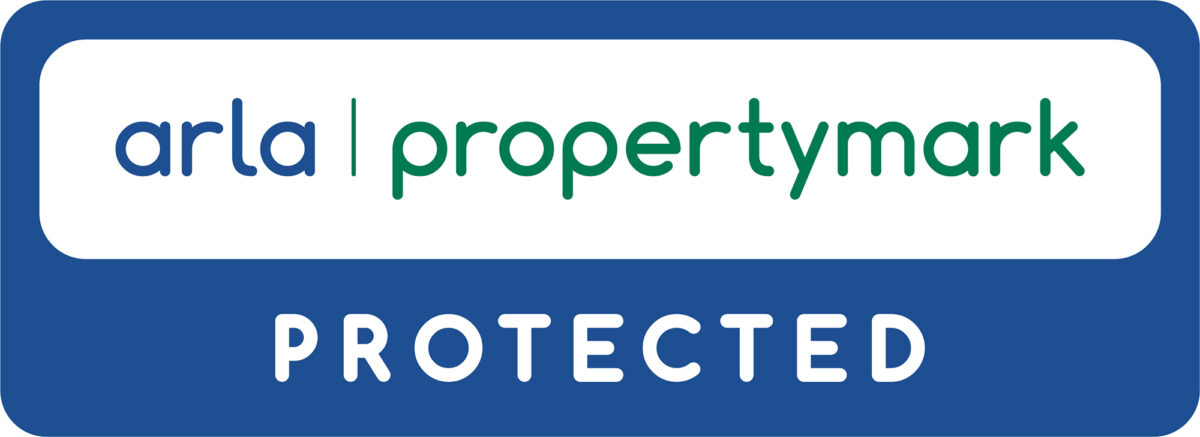With the first quarter of the year now behind us, April 2024 has brought a positive forecast as some of the uncertainty of the past 12 months is starting to ebb away. Thanks to the latest developments in the economy, the property market is looking brighter for the next few months as we move forward towards summer.
Inflation Set to Impact Mortgage Rates
According to the Office for National Statistics, March saw the Consumer Price Index fall to 3.2%, taking the UK’s economy ever-closer to the target of 2% set by the government. This looks like good news for the property market, thanks to the influence it will have on mortgage rates.
The most up-to-date data from the Bank of England shows that the flurry of initial activity seen at the beginning of the year has now begun to calm. February saw a significant increase in the number of mortgage approvals as mortgage rate cuts prompted market activity. However in March, the number of agreed sales dropped to 2% above 2017-2019’s average, down from February’s 13% above.
Since mortgage rates now are almost back to the same level as seen in late December, it looks unlikely that the pace of activity seen so far this year will be maintained into the summer months.
Potential Action on Leasehold Maintenance Contracts
Homeowners locked in private new-build communal area maintenance contracts have a glimmer of hope on the horizon as over 40 Conservative MPs call for a ban. As the Leasehold Bill slowly works through Parliament, the Housing Secretary is now under pressure to include a “Fleecehold” ban to help the millions of people living under this model and facing steep estate fees.
The CMA (Competition and Markets Authority) has also recently recommended bringing an end to this model too, putting forward a proposal that local councils be required to adopt new housing estate public amenities once complete. According to the housing minister, the government is now paying careful consideration to this report, which also suggests introducing a property agent regulatory body to address leasehold issues and raise standards across the industry.
With news of homeowners facing shocking increases as high as 274% in their annual service charge bills for 2024, the prospect of the some positive change in the status quo can only be cause for cautious celebration.
Watering Down of Renter Reform
The news isn’t so good for renters, though, as the government set out changes to the planned protections in England for renters following concerns from a number of Conservative MPs that the original proposal would be too much of a burden for landlords.
The latest alterations include requiring tenants to commit to at least a 6-month contract rather than being able to end their tenancy with 2-months’ notice from day one and, most controversially, delaying the no-fault eviction ban on existing tenancies pending the outcome of the justice secretary’s assessment of the court system’s ability to handle repossession claims.
One positive proposed change, however, is the introduction of a right to local council homelessness support for tenants who find themselves evicted under the new grounds for possession.
While this watering down of the Renters (Reform) Bill is sure to be received negatively by those tenants who are aware of its existence, recent research published by the TDS Charitable Foundation shows that a surprising 83% of people who are currently living in a rental property lack any awareness of the Bill’s proposals. Of those who know about the proposed reforms, most are pessimistic about their ability to result in tangible changes. 42% believe the Bill will change little about the rental sector, while 37% believe it is unlikely to be implemented at all.
Good News for Landlords as Tenants Stay Longer
While tenants may be less than thrilled with the latest developments in the property market, things are looking up for landlords as The DPS (The Deposit Protection Service) released its research that revealed tenants are staying in their properties for a third longer than in 2020.
Today’s typical tenancy is now lasting for 924 days, a significant increase over the 706 days seen four years ago. It appears that a combination of the cost-of-living crisis, high rents, and a competitive market for new rental properties are leading to renters remaining for longer periods in their homes.
In further positive news for landlords, Octane Capital reports that the typical buy-to-let property yield has now increased to 5.8%, up from 4.9% over the last two years, and while running costs have gone up over the same period, landlords are still enjoying attractive net profits overall. This report, paired with the proposed delay in the no-fault eviction ban, is likely to encourage existing landlords to remain in the market for the foreseeable future.
As we move further into the second quarter of the year, time will tell how the property market will develop. Traditionally, spring sees more homes being listed for sale, so we will wait with anticipation to see what May has in store!
What Next?
We are delighted to bring you our property market updates each month. If you are thinking of buying or selling a property in London, please get in touch with us at Alter & Cope on 0208 220 0820 or email enquiries@alterandcope.co.uk.



